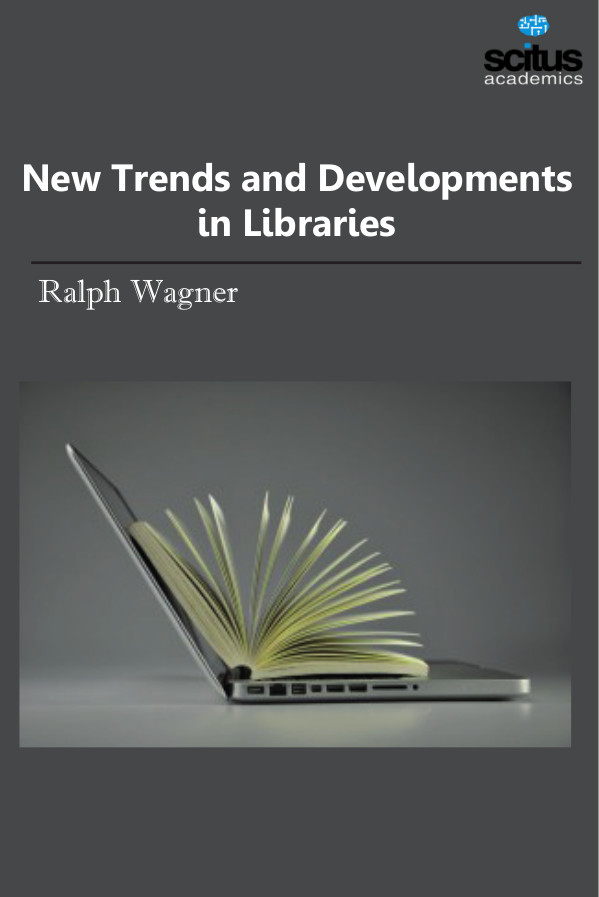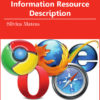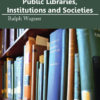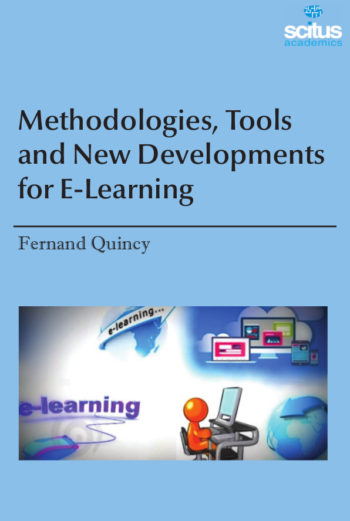The information age, as compared with post-industrial society, is characterized by the fact that it will deal with material less and less, and with information more and more. Keeping up to date with changes in education is important for all of us but especially for those of us working in academic and public libraries. Libraries can leverage growing interest in active learning, new media and information formats, and technology-rich collaborative spaces within the higher education environment. To know when, where and how to search, and how not to discover the already discovered. For librarians it means that we have to supply our users with the information they demand, in a form they want, at the moment they need it and to a place they require it to be. What a library as an information institution may offer or what it wants to do is not the key. The key is what is demanded. Thus, we are getting to libraries as such. The information society is undergoing stages of development similar to the developmental stages of the library—moving from the traditional library, to the automated library, to the electronic library and on to the “virtual” library. In this process, its historical form, main objectives and range of services are also changing quite dramatically. A traditional library is full of printed documents, readers, librarians and cases with catalogs. An automated library, which provides access to its printed documents through its On-line Public Access Catalog (OPAC) and which has carried out a retro-conversion of its card catalogs, is not physically equipped with catalog cases. An electronic library, which is connected to the Internet through which it provides access to its digitized (originally printed) book collections in an electronic form, does not physically keep shelves with books and periodicals.
The aim of New Trends and Developments in Libraries is to discuss some of these new trends of library services. This is an innovative and practical toolkit introducing concepts, drawing together opinions and encouraging new ways of thinking about library learning spaces for the future.













